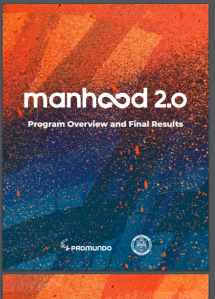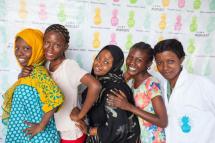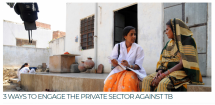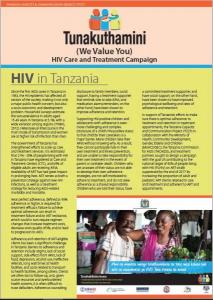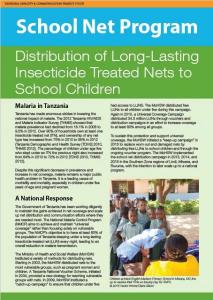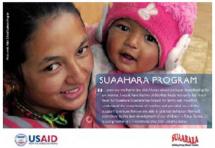Manhood 2.0: Program Overview and Final Results
Manhood 2.0 is a gender-transformative curriculum adapted from Promundo’s flagship program, Program H (for “hombres” or “homens” in Spanish and Portuguese, respectively), by Promundo and the University of Pittsburgh.
Manhood 2.0 aims to engage young men in questioning, challenging, and transforming harmful gender norms, with the goal of reducing intimate partner and sexual violence and unintended pregnancy. It is a male-only group-level intervention delivered in several sessions based on social cognitive theory, social norms theory, the theory of gender and power, and the theory of reasoned action.
The intervention promotes critical reflection and awareness on gender norms and stereotypes and on power dynamics that drive health, relationships, violence, and sexual health behavior. Sessions include group discussion, role-playing, knowledge-sharing, and skill-building. The purpose of these interactive activities is to challenge young men to think critically about social expectations and restrictive norms, engage in dialogue about these gender norms, and then assess the way these norms impact sexual and intimate relationships, violence perpetration, substance abuse, unhealthy sexual risk-taking, and contraceptive use.
Previous evaluations of Program H have been shown to have the most impact when implemented in groups of 10 to 12 young men, for a longer duration (three months or longer), and including multiple components such as youth-led behavior change campaigns and/or advocacy initiatives.7
Ths report provides a description of the Manhood 2.0 program, challenges and lessons learned, and key evaluation findings. It is intended to be a summary of experiences piloting and evaluating an adolescent pregnancy prevention program for young men.
Source: Promundo
Date of Publication: June 24, 2019
SIMILIAR RESOURCES
Tools
Examples
- Films about Coronavirus
- Gender-based Violence Prevention, Risk Mitigation and Response during COVID-19
- Comprehensive Sexuality Education to Address Gender-based Violence
- Transforming Inequalities, Transforming Lives
- Integrating Gender into the COVID-19 Risk Communication and Community Engagement (RCCE) Response
- COVID-19: Keeping Young People Healthy
- COVID-19 Exposes the Harsh Realities of Gender Inequality in Slums
- COVID-19: Emerging Gender Data and Why it Matters
- Gender Implications for Extension and Advisory Services during COVID-19
- Gender Norms, Intersectionality and Social Protection: In Conversation with UNICEF's Dr Zahrah Nesbitt-Ahmed

